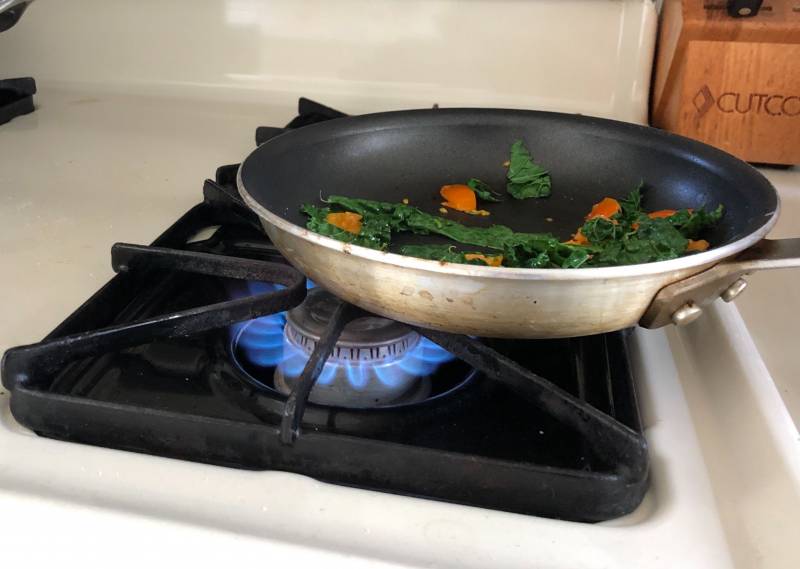Claiming that CRA is acting on behalf of the gas industry, Reichman added, is “like saying the environmental groups are acting as a front for the electric companies.”
Reichman’s firm has also represented Sempra Energy but “they are not my major clients,” he said, and the firm is not currently involved in any pending litigation with them.
In response, Berkeley City Attorney Farimah Faiz Brown said the city is confident the measure complies with the law, and is prepared to “vigorously” defend it in court.
Delforge from NRDC said this suit, like other fights waged against local gas restrictions, clearly indicates the threat that electrification efforts pose to the natural gas industry. He notes how industry groups like the Western States Petroleum Association have recently underscored the urgency of the issue, urging energy companies to find creative ways to engage with the public and form alliances with diverse groups.
At a gas industry conference in August, covered by S&P Global, Western States Petroleum Association President Catherine Reheis-Boyd said, “Wow. Can you imagine if every local municipality takes up this issue? It’s death by a 1,000 cuts.”
In another address to gas industry leaders the following month, documented in the same publication, Reheis-Boyd stressed the importance of building coalitions across industries. She credited coordinated opposition from the Los Angeles restaurant industry and other allies in helping to defeat a 2017 CPUC proposal ordering Southern California Gas Company to temporarily halt service to commercial and industrial connections in parts of Los Angeles County.
Given the industry’s vigilance, Delforge said, the CRA suit against Berkeley is hardly surprising.
“Whether it’s through CRA or through some other group, we do expect to have this kind of challenge,” he said. “It seems to be only way the fossil fuel industry thinks they can stop this.”
Even though Berkeley’s gas ban won’t affect the vast majority of restaurants in the city, any suggestion of not being able to cook with natural gas raises concerns for many professional chefs.
“For home cooking, it doesn’t matter. For restaurants, it’s going to be a problem because you need to cook really fast,” said Olivier Said, who co-owns Kitchen on Fire, a cooking school in North Berkeley. “You’re going to have to retrain everybody. It’s going to be a very different concept for cooking. … Also, it’s way more expensive.”
There’s something “very primal” about cooking with fire, Said added, joking that if he switched to electric, he’d have to rename his business.
“It’d be ‘Kitchen Without Fire.’ ”

